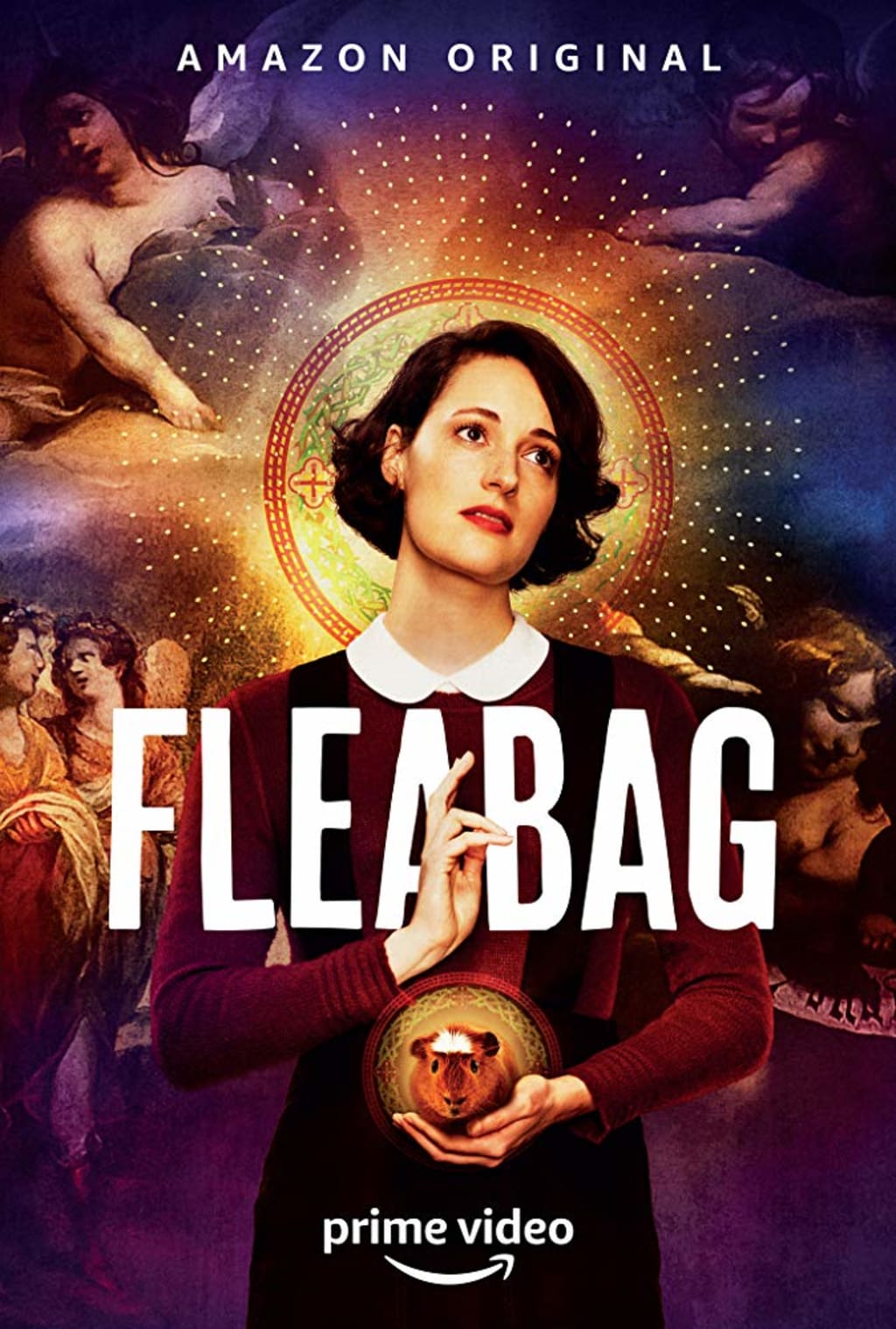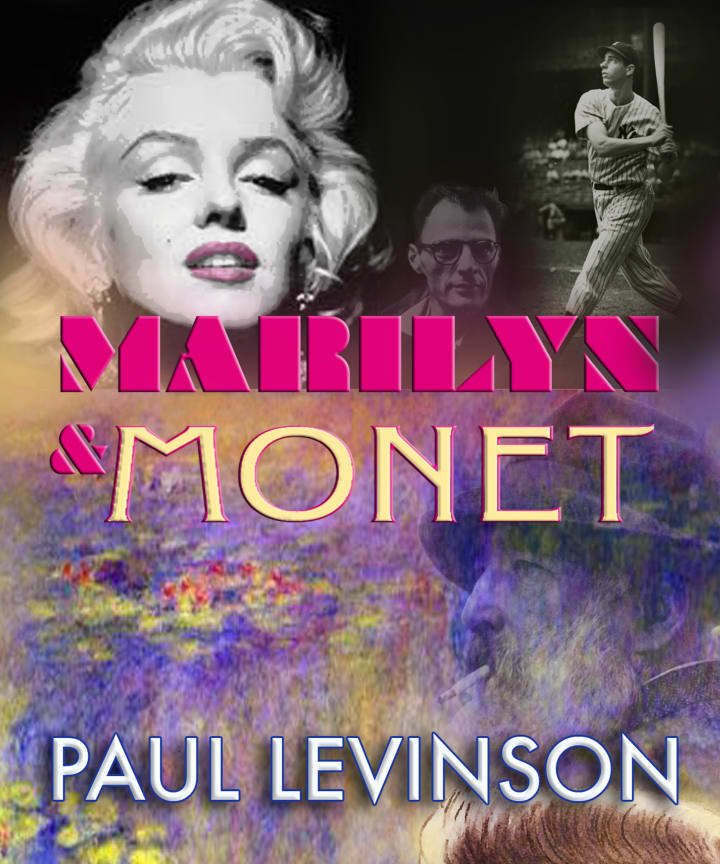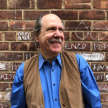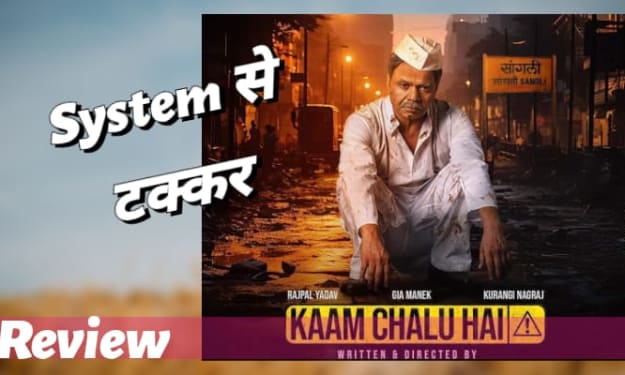Review of 'Fleabag'
Beyond the Fourth Wall

My wife and I just binged Fleabag on Amazon Prime Video. Easy to do, since the two seasons add up to a total of 12 episodes (or about half of what a single season of network television used to be). Easy to watch, since the dialogue was brilliant, frank, witty, and hilarious—not to mention that it all takes place in London (our second favorite city, after New York, where we live).
But the most provocative part of the series—the whole series is delightfully and sometimes seriously provocative—comes in the second season, where the conceit of the hero (Fleabag) talking to the camera, or in theatrical parlance, breaking the fourth wall (the first three being the back and the two sides of the stage), takes a momentous turn: a crucial character, the Priest (who loves Fleabag, and with whom Fleabag falls in love), is aware of Fleabag talking to the audience.
In our current age of streaming television, the fourth wall was broken early on, in House of Cards, in which first Frank and eventually Claire talk to us, the audience (It was broken dozens of times in earlier television, movies, and plays). But even before including the Priest in the fourth wall breaching, Fleabag did far more than talk to us across the screen. Her eyes, lips, the way she held her head, provided a compelling and enchanting part of the dialogue, which soon became essential to almost every scene, and in total provided a veritable encyclopedia of non-verbal expressions and how they shed meaning on verbal communication as silent counterpoint.
Phoebe Waller-Bridge, who created, wrote, and plays the lead role (Fleabag) in the series, won a British Comedy Award for her performance in the first season (2016). The second season (2019) has thus far been nominated for a boatload of awards (eleven). If there was an award for breaking the fourth wall, I'd give it to Walter-Bridge for the first season, and then give her a special additional award for extending the wall-breaking in the second.
There's no word yet on a third season, and the current indication is that the second season is the final. But with the fourth wall ripped so wide open, there's another boatload, of questions, to explore. Why does the Priest see Fleabag's mind looking away, being absent, when she looks and talks to us in the audience? He is not partaking in the breaching himself—he's not communicating with the audience—and he doesn't quite know that Fleabag is, either. But how does he come to see she's absent for that split second from him? Because he loves her so much?
What will happen when Fleabag admits to him what's happening—so far, she's not allowing herself to tell him—will he believe her? I don't for a minute think his telling her he prefers God to loving her is the end of their romantic and erotic relationship. But even if it is, there's no reason that he won't continue seeing in her eyes that she's looking at someone else—i.e, a lot of someones else, us.
It took three years after the first to get a second series. I'm eager to see the third, however long that takes.

"I began thinking Marilyn and Monet would make a terrific film ... an echo from the past that haunts us in the present. Like all great art." - Anthony Marinelli
About the Creator
Paul Levinson
Novels The Silk Code & The Plot To Save Socrates; LPs Twice Upon A Rhyme & Welcome Up; nonfiction The Soft Edge & Digital McLuhan, translated into 15 languages. Best-known short story: The Chronology Protection Case; Prof, Fordham Univ.






Comments
There are no comments for this story
Be the first to respond and start the conversation.